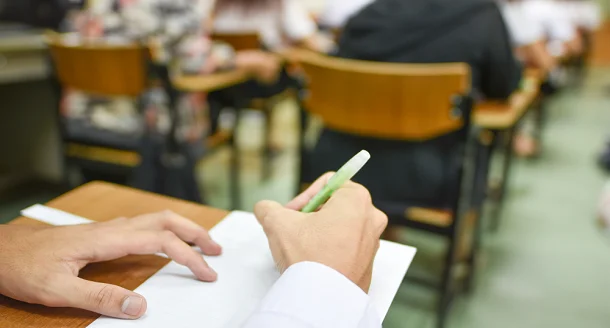
How Students Can Get High Grades in an Education Dissertation. There are many ways to raise grades in college. Whether you’re looking to graduate, keep your scholarship or apply to grad school, a high GPA is imperative. Attending class regularly, taking notes, avoiding late penalties and doing extra credit are just a few ways to boost your grades. Every professor has experienced students who ask them how to raise grades. There are some easy and effective methods that you can use to achieve the best grades possible.
tips to get good grades in college education dissertations
There are a number of ways to improve your grades in college education dissertations. One of the most effective methods is to take notes. However, you must write down your notes in a clear and legible manner. You must avoid cramming, and instead focus on preparing your notes and studying in a progressive way. Also, you should avoid being distracted by other activities or by the lecturer.
Another way to improve your grades is to attend classes regularly. It is surprising to note that a large number of college students skip classes. It is important to attend all classes because the grades you receive depend on how often you attend class. This is especially important in college, where most professors use lectures to impart their knowledge. If you miss a class, you will have to make up for the lost credits. Moreover, skipping class will impact your grade and lower your overall grade-point average.
education dissertation is to read the class syllabus
One of the most important things a student can do to get high grades on dissertation topics in education is to read the class syllabus. Students should read the sections of the class syllabus that deal with the subjects they are learning. They should also relate their reading to their notes and highlight key concepts that they learned in class. It is also essential to read the material beforehand so that students have enough time to complete the assignment. If they are having trouble understanding the material, they should reread it.
Writing exercises
Using writing exercises in the classroom is an excellent way to increase your student’s engagement with the subject matter. Students can choose to write their thoughts in their own words or paraphrase the concepts they read in class. They can repeat this process several times, and it will help them get used to articulating their ideas on paper. This type of writing exercise is particularly beneficial for education students because it can help them learn new things about the subject and generate new questions.
The treatment group received a brief overview of the syllabi for the course and were told that they would write collaborative essays instead of quizzes. The students were then divided into teams of three or four individuals. The criteria for the weekly writing assignment were explained during the first laboratory session. Afterwards, students received weekly feedback on their work. They were asked to write a total of five essays in the semester.
Increasing self-confidence
One of the most challenging aspects of the educational system is the lack of student self-confidence. Students who lack self-confidence often face problems in achieving their goals and achieving desired outcomes. This can create problems for students, teachers, and institutions. By boosting self-confidence, students can improve their chances of achieving their goals and grades. There are many ways to increase self-confidence in students.
Researchers have studied a variety of factors related to student self-esteem and academic performance. One study examined whether student self-esteem was related to students’ grades. In addition, they studied the effect of student self-esteem on academic performance using the Rosenberg self-esteem scale and the contingencies of the self-worth scale. The findings of this study showed that the relationship between self-esteem and academic performance was not correlated. While these studies do indicate that higher self-esteem is related to higher academic performance, they are not necessarily causal.
Author Bio
Jesse Pinkman is a research-based content writer, who works for Cognizantt, a globally recognised wordpress development agency uk and Research Prospect, a Tjenester til at skrive afhandlinger og essays. Jesse Pinkman holds a PhD degree in mass communication. He loves to express his views on a range of issues including education, technology, and more.
